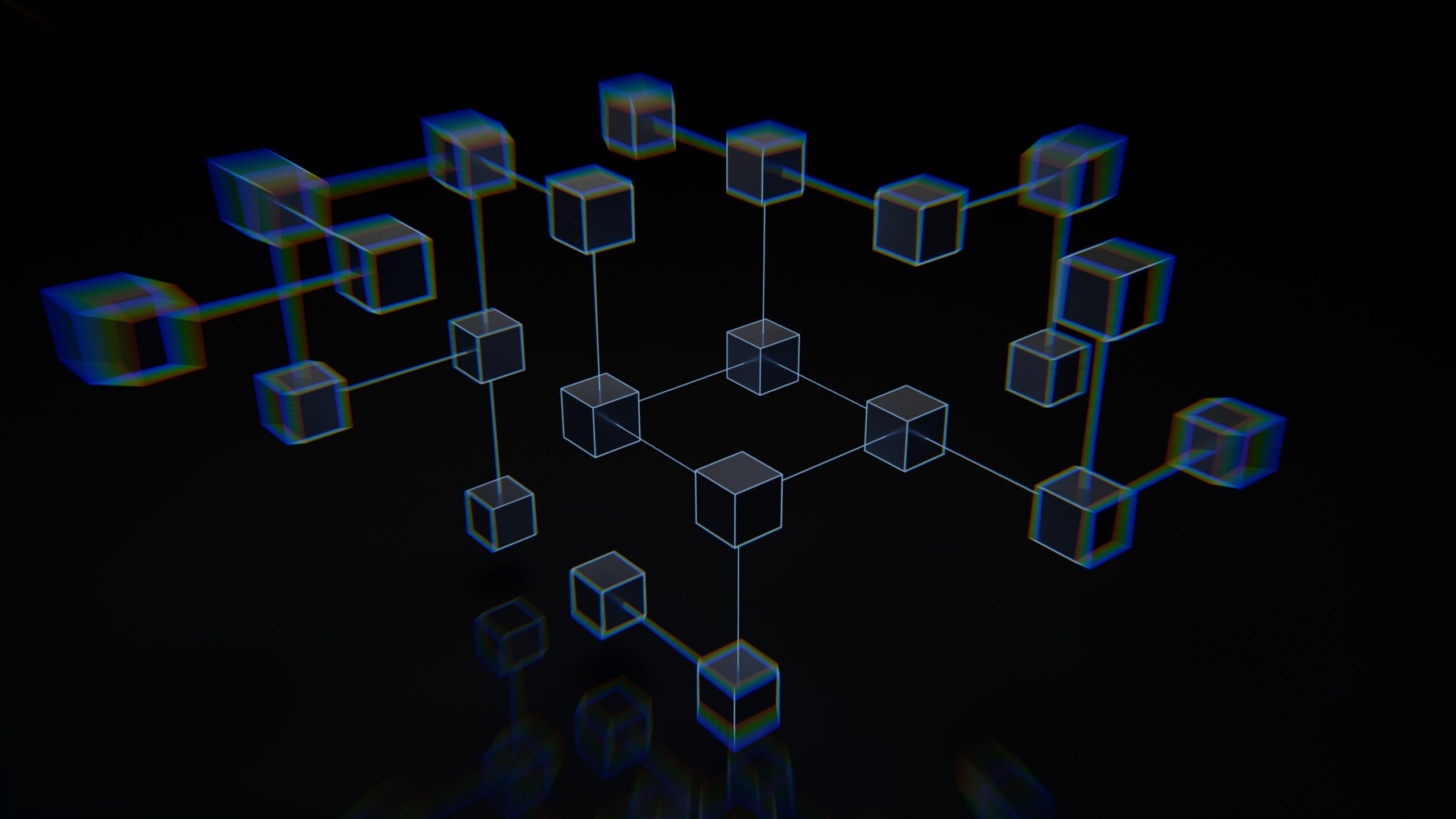Unleashing the Power of Self-Sovereign Identity
Table of Contents
- Introduction
- Understanding Self-Sovereign Identity
- The Core Principles
- How Self-Sovereign Identity Works
- Advantages of Self-Sovereign Identity
- Enhanced Privacy and Security
- Empowering Individuals
- Challenges and Considerations
- Interoperability and Standardization
- User Adoption and Education
- Real-World Applications
- Blockchain Technology and Self-Sovereign Identity
- The Future of Identity Management
- Conclusion
- Frequently Asked Questions (FAQs)
1. Introduction
In today’s digital age, where personal information is exchanged at the click of a button, the concept of self-sovereign identity is redefining the way we perceive and manage our digital presence. This article aims to unravel the potential and significance of self-sovereign identity, exploring its principles, benefits, challenges, and real-world applications.
2. Understanding Self-Sovereign Identity
Self-sovereign identity, often abbreviated as SSI, is a groundbreaking approach to identity management. It empowers individuals by giving them full control over their digital identity, allowing them to share only the necessary information, safeguarding their privacy in an interconnected world.
3. The Core Principles
At the heart of self-sovereign identity lie four core principles:
Ownership: Individuals have ownership and agency over their identity information, deciding who can access it.
Portability: SSI allows individuals to carry their identity across various platforms, eliminating data duplication.
Interoperability: It promotes compatibility between different identity systems, ensuring seamless data sharing.
Consent: Individuals must explicitly grant consent for their data to be accessed, enhancing privacy and control.
4. How Self-Sovereign Identity Works
Self-sovereign identity leverages blockchain technology to create a decentralized and secure identity ecosystem. Each user possesses a unique identifier linked to their personal data. This data can only be unlocked and shared using cryptographic keys, ensuring only authorized parties have access.
5. Advantages of Self-Sovereign Identity
Enhanced Privacy and Security
Unlike traditional systems vulnerable to data breaches, SSI’s decentralized nature minimizes risks.
Empowering Individuals
SSI shifts the power dynamics, granting individuals control over their data and who accesses it.
6. Enhanced Privacy and Security
Traditional identity management often relies on centralized databases, making them susceptible to breaches. In the realm of SSI, personal information is distributed, decreasing the appeal for hackers.
7. Empowering Individuals
SSI transforms individuals from passive subjects to active participants. They become the gatekeepers of their data, deciding who gains entry.
8. Challenges and Considerations
Interoperability and Standardization
For SSI to reach its full potential, different systems must communicate seamlessly. Standardization efforts are underway to ensure compatibility.
User Adoption and Education
As with any new paradigm, user adoption is crucial. Educating users about the benefits and mechanics of SSI will be pivotal in its success.
9. Real-World Applications
Healthcare
Patients can control their medical records, granting access to healthcare providers when necessary.
Education
SSI can simplify educational credential verification, reducing administrative burdens.
Financial Services
Unbanked individuals can establish digital identities, gaining access to financial services.
10. Blockchain Technology and Self-Sovereign Identity
Blockchain’s immutable and secure nature makes it an ideal platform for SSI. It ensures data integrity and tamper-proof identity records.
11. The Future of Identity Management
As digital interactions intensify, identity management requires innovation. SSI holds the potential to revolutionize how we secure and share our identities.
12. Conclusion
The advent of self-sovereign identity marks a transformative shift in the digital landscape. By placing control in the hands of individuals, it paves the way for a more secure, private, and user-centric approach to identity management.
13. Frequently Asked Questions (FAQs)
Q1. Is self-sovereign identity truly secure against hacking?
While no system is entirely impervious, SSI’s decentralized architecture significantly raises the bar for potential hackers.
Q2. Can I revoke access to my data in SSI?
Yes, one of SSI’s strengths is the ability to revoke access to your data at any time.
Q3. How does SSI impact businesses and institutions?
Businesses can streamline identity verification processes, and institutions can reduce administrative overhead.
Q4. Is blockchain the only technology used in SSI?
Blockchain is a key technology, but SSI also incorporates cryptographic methods to ensure secure data sharing.
Q5. How can governments adopt SSI for official identification?
Governments can collaborate with technology providers to establish secure and compliant SSI systems.
Contact us today and schedule a demo.


